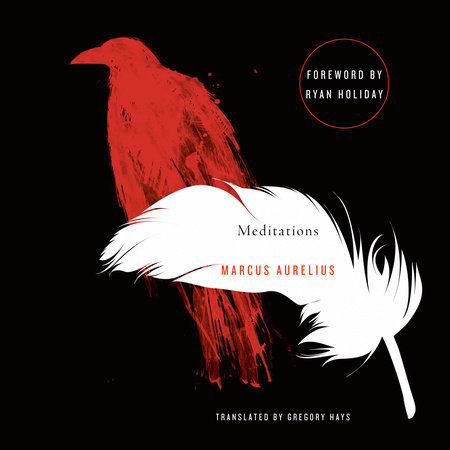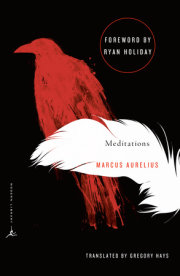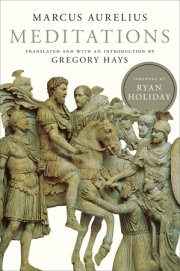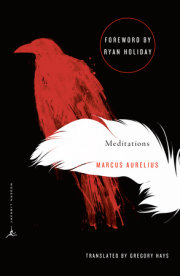Book One
1. Courtesy and serenity of temper I first learnt to know from my grandfather Verus.
2. Manliness without ostentation I learnt from what I have heard and remember of my father.
3. My mother set me an example of piety and generosity, avoidance of all uncharitableness - not in actions only, but in thought as well - and a simplicity of life quite unlike the usual habits of the rich.
4. To my great-grandfather I owed the advice to dispense with the education of the schools and have good masters at home instead - and to realize that no expense should be grudged for this purpose.
5. It was my tutor who dissuaded me from patronizing Green or Blue* at the races, or Light or Heavy† in the ring; and encouraged me not to be afraid of work, to be sparing in my wants, attend to my own needs, mind my own business, and never listen to gossip.
* The colours of the rival charioteers in the Circus. Roman enthusiasm for these races was unbounded; successful drivers earned large fortunes and became popular idols.
† In one form of gladiatorial combat (the ‘Thracian’) the opponents were armed with light round bucklers; in another (the ‘Samnite’) they carried heavy oblong shields.
Copyright © 2005 by Marcus Aurelius. All rights reserved. No part of this excerpt may be reproduced or reprinted without permission in writing from the publisher.











